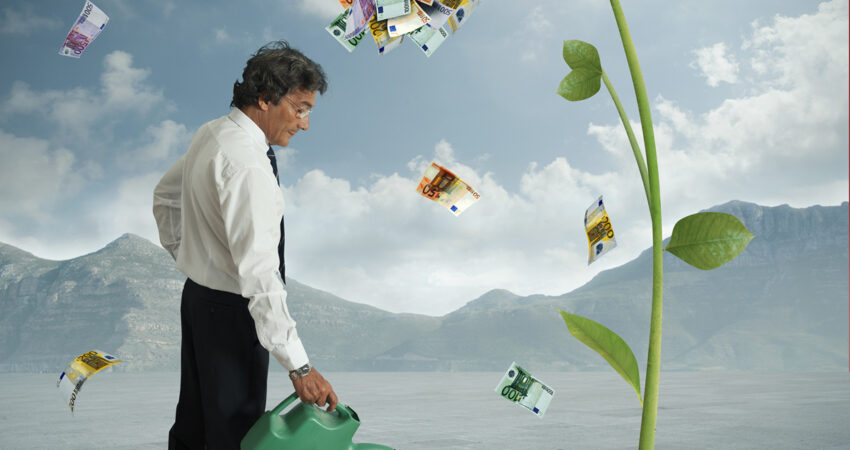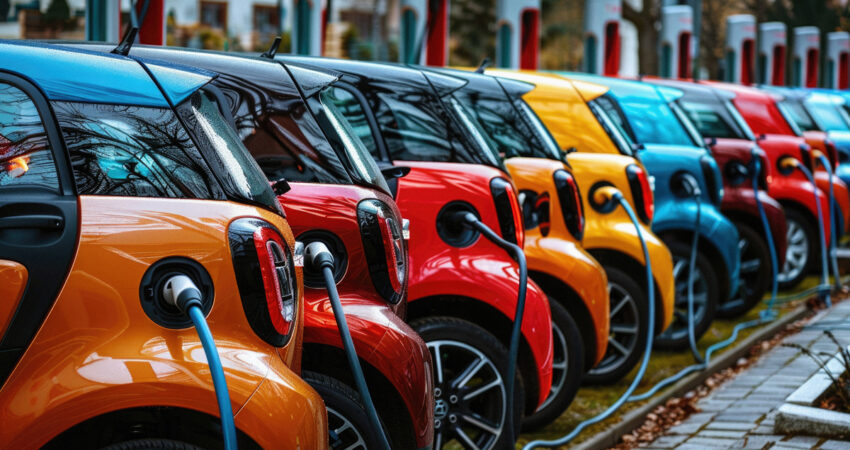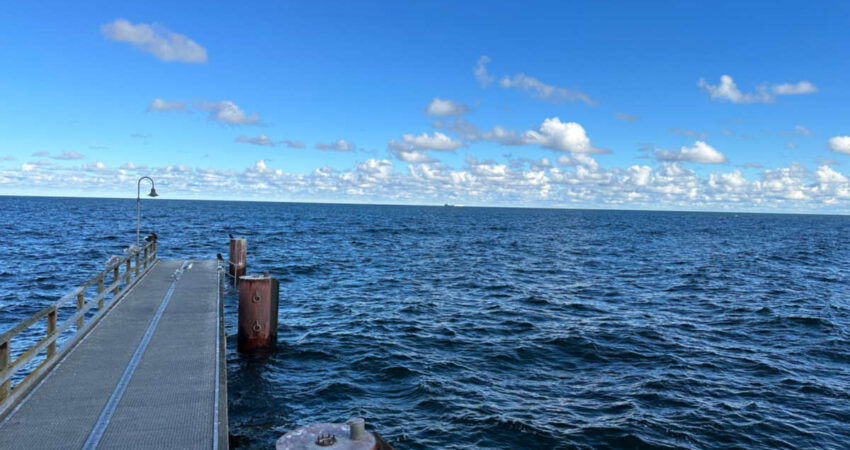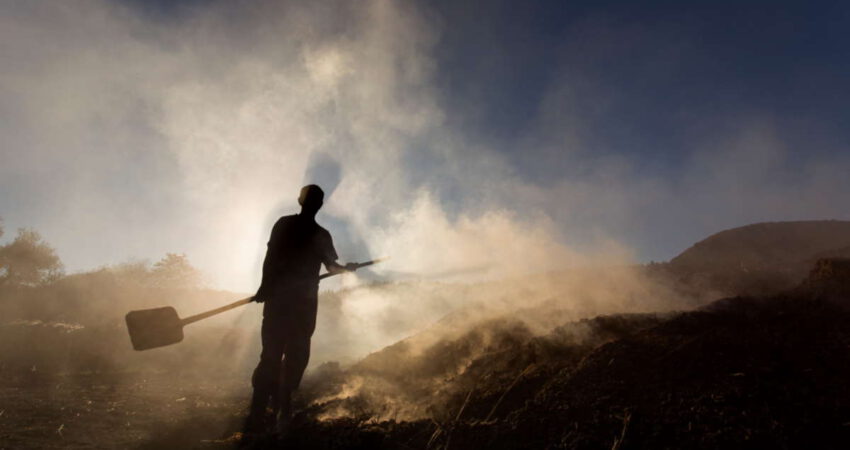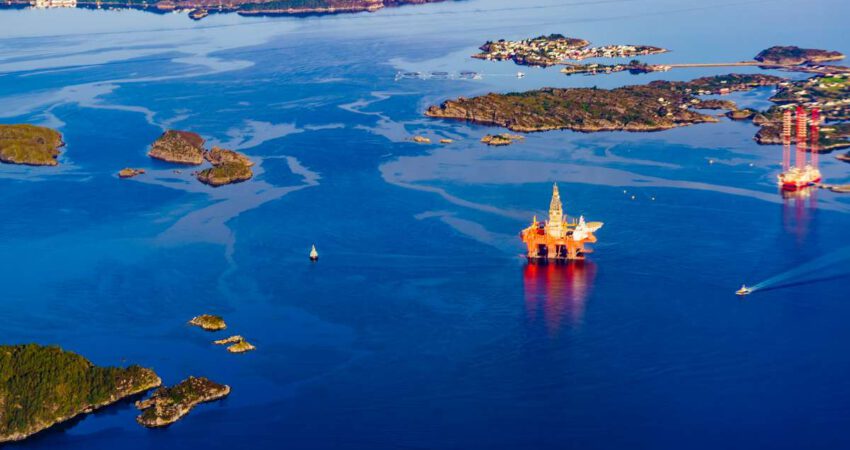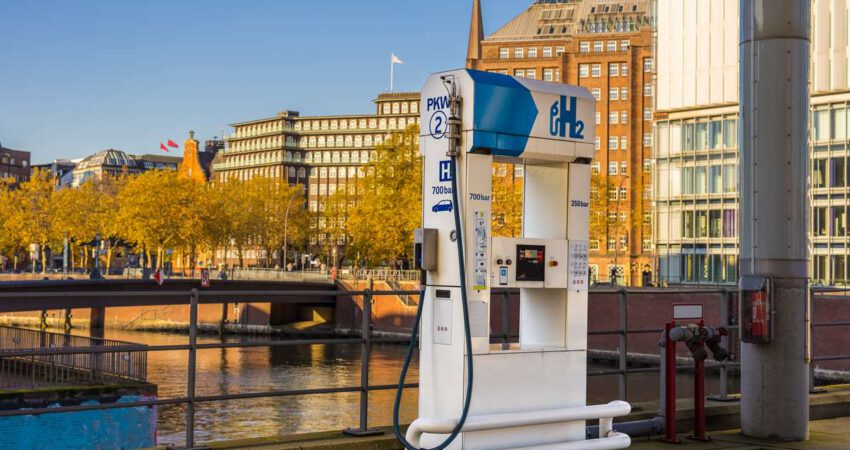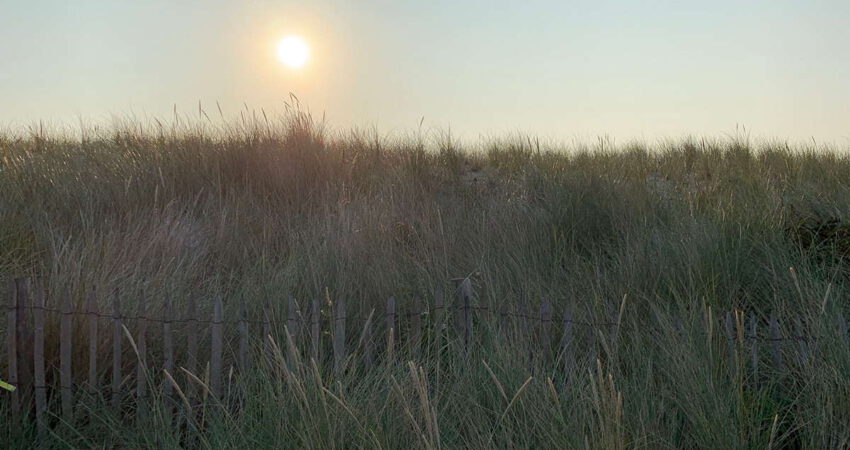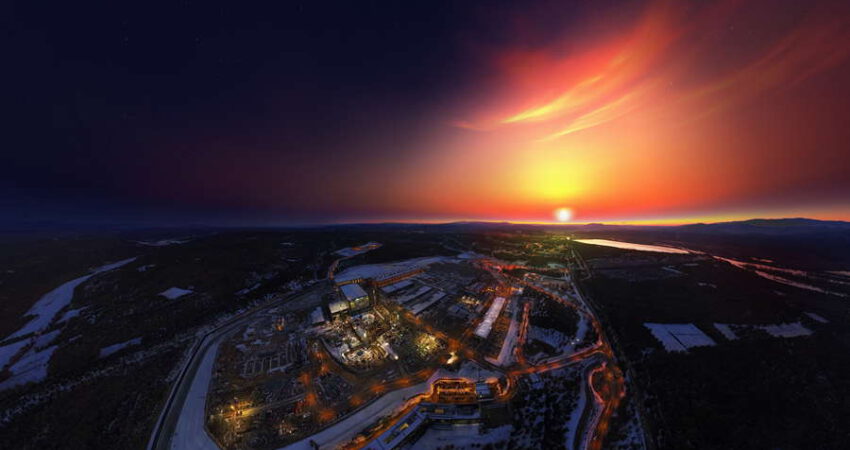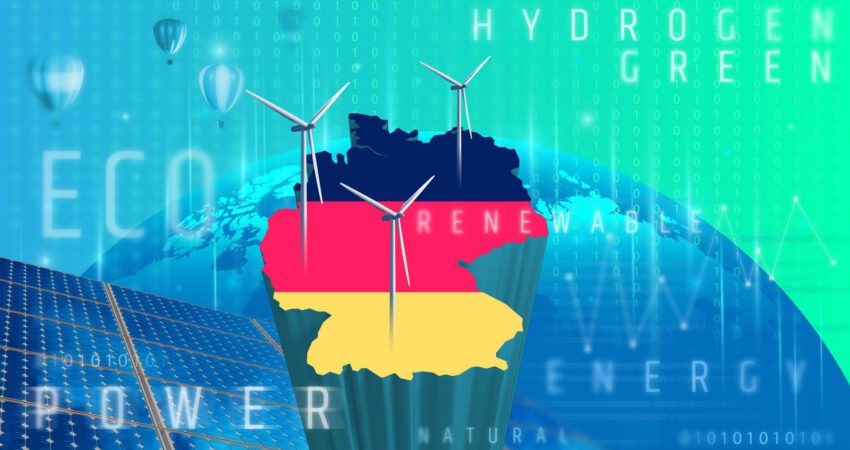The energy debate in Germany has taken on a new urgency as the far-right party Alternative für Deutschland (AfD) surges in the polls, challenging the country’s green energy transition. Known for its strong opposition to the Green Party’s and the government’s climate policies, the AfD has managed to sharpen its political profile, capitalizing on growing public concerns over the economic and social costs of Germany’s ambitious energy goals.
Renewables
With the acceleration of a project to mine lithium – a key metal for electric mobility – in its Jadar region, the small Balkan country of Serbia has been given a chance to become a key player in the European, and also the global economy. At the same time, rarely has any project caused such a powerful public backlash: news of new protests and comments from experts and politicians are appearing in the world media on an almost daily basis. Will Serbia be able to overcome public hostility and move towards becoming a major lithium powerhouse?
Turbulence in politics and the global economy is aggravating the rough edges of the Green Deal, which as well as being a heavy burden for the industries and energy sectors of individual member states could also become an open route to power for far-right political forces
Few doubt the fact that the EU’s brand colour is green. At the end…
The cruel romance between Russian gas suppliers and European consumers reached its peak this year. In early September, just ahead of the winter, Russia’s state-owned Gazprom shut down the Nord Stream 1 pipeline, which carries around a third of all Russian gas exports to the EU (almost 15% of the EU’s total gas imports).
“We have decided, as a European Union: We will end our reliance on Russian fossil fuels,” announced EU President Ursula von der Leyen at Princeton University in September 2022. But it seems the EU leader is moving too fast with this statement.
With the warmer months when gas storage facilities are usually filled for the next winter approaching, Europe is struggling to find ways to replace Russian gas with potential alternatives. Attention is naturally turning to Norway, the second largest gas supplier to the continent.
This winter, soaring energy prices have aggravated the economic burden for European businesses and residential customers alike. While solar and wind plants are falling short of satisfying energy needs, another factor has proved to be a shortage of reserves of natural gas and other fuels. Hydrogen could become an alternative major source of green power. […]
2021 has seen issues relating to the environment becoming a key topic throughout the world, perhaps even displacing coronavirus, which has been the dominant theme of the last two years. In the context of an unusually cold winter and a hot, dry summer, which brought disaster and destruction in their wake virtually everywhere in the […]
The environment was a crucial theme in Germany’s 2021 election campaign and predictably, the Greens want to make it central to the coalition agreement. What exactly the country’s new energy policy will look like, taking into account the country’s accelerated switch from coal power is however as yet unclear even to ministers themselves. It is […]
The construction of the International Thermonuclear Experimental Reactor (ITER), one of the most large-scale international energy projects, was launched in Provence over thirty
In order to protect the climate, Germany is entirely abandoning nuclear energy by 2022 and then, by 2038, coal-fired energy. Berlin regards hydrogen and all that is connected to it as a central element of the decarbonization process. A strategy reflecting this was approved and adopted by Chancellor Angela Merkel’s government last year. Energy Brief […]

